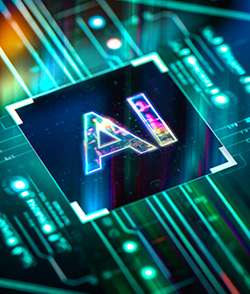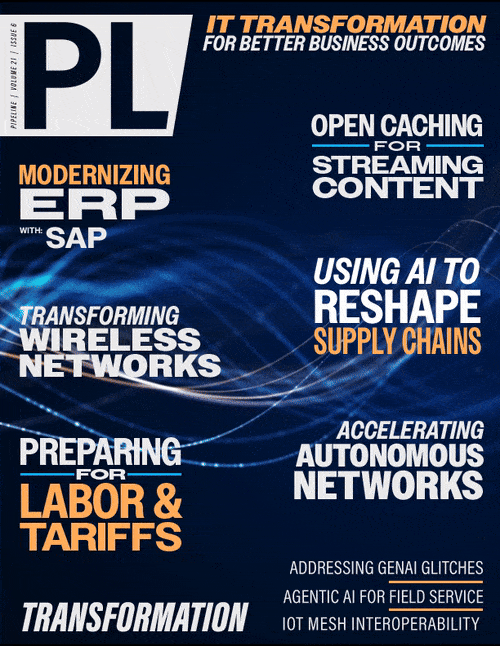The AI-Powered Future of Field Service
By: Bulent Cinarkaya

Field service is undergoing a major transformation, driven by AI advancements across predictive, generative, and agentic AI. AI has long optimized backend processes like scheduling, dispatching, and routing technicians. However, once on-site, technicians traditionally relied on experience, manuals, and support calls to complete their tasks.
That’s changing. AI is evolving into an active partner in the field, improving efficiency, accuracy, and responsiveness. From predictive AI that anticipates maintenance needs to generative AI that provides real-time insights, and agentic AI that autonomously executes tasks, field service is becoming more dynamic and intelligent.
AI’s Role in Modern Field Service
Predictive AI plays a crucial role in field service by analyzing real-time data from IoT-connected devices, historical job records, and environmental factors. This allows for proactive maintenance, reducing downtime, and improving service efficiency.
For example, a medical equipment technician servicing an MRI machine may receive an AI-generated report indicating abnormal cooling system fluctuations that suggest an impending failure. AI can then recommend necessary parts and tools before the technician arrives, streamlining the repair process.
Similarly, generative AI enhances troubleshooting by retrieving and summarizing relevant documentation, case studies, and solutions. This reduces reliance on external support and increases first-time fix rates.
Augmented reality (AR) applications further support technicians by overlaying digital instructions onto physical equipment. These tools reduce errors and boost confidence when working with unfamiliar machinery.
AI-driven inventory management also improves field service efficiency. By predicting demand and automating stock replenishment, AI ensures technicians have the right parts available when needed, reducing service delays, and improving customer satisfaction.
Expanding AI’s Capabilities in Field Service
Beyond predictive maintenance and troubleshooting, AI continues to transform field service with increasingly sophisticated capabilities. Personalized technician support represents one of the most powerful applications, with AI systems analyzing individual skill profiles, certification levels, and past performance to deliver customized guidance. These systems provide recommendations to match each technician's expertise, presenting detailed step-by-step guidance for novices while offering streamlined information to veterans.
AI-driven compliance monitoring has emerged as a critical safeguard. These systems continuously analyze environmental conditions, equipment status, and technician actions in real time. When potential hazards are detected — whether it's unsafe voltage levels, hazardous chemical exposure, or structural instability — AI immediately alerts technicians before they encounter danger.
Predictive workforce planning delivers exceptional value through advanced algorithms that analyze historical service patterns, seasonal fluctuations, geographic service distribution, and technician availability to forecast staffing needs. This enables service organizations to optimize scheduling, identify skill gaps requiring additional training or hiring, and balance workloads effectively across teams.
AI-enhanced documentation systems are revolutionizing the traditionally time-consuming reporting process by automatically generating comprehensive service reports. These intelligent systems capture work performed, parts replaced, testing procedures followed, and resolution details, all with minimal technician input.



















